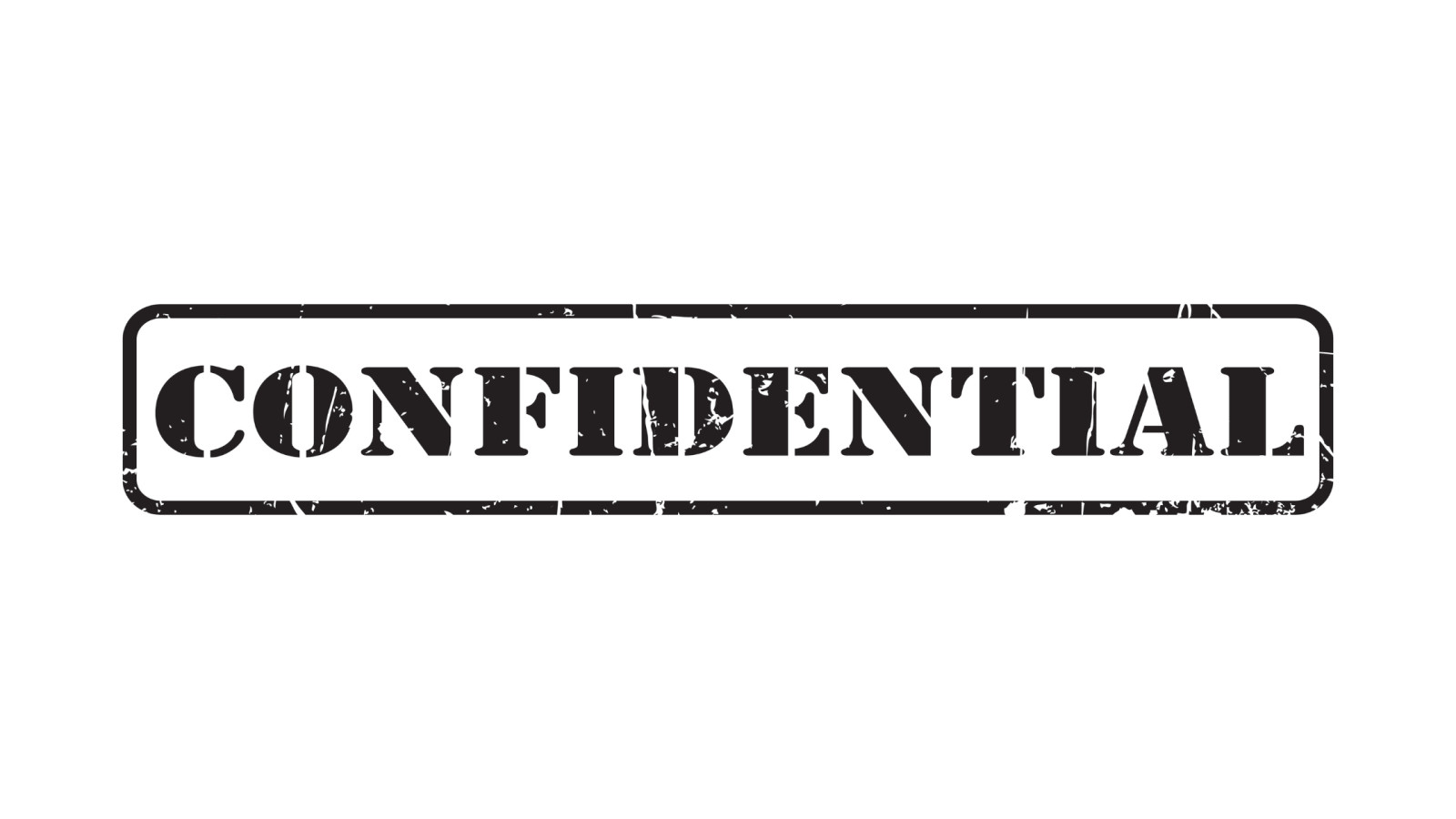
The Top 10 Reasons To Choose Mediation For Your Florida Insurance Dispute
Mediation is a form of alternative dispute resolution (ADR) that has gained popularity in recent years as a more efficient and cost-effective way to resolve conflicts. It involves a neutral third party, known as a mediator, who facilitates communication and negotiation between the parties involved in the dispute. In the context of insurance disputes in Florida, mediation can be a valuable tool for resolving conflicts between policyholders and insurance companies.
In Florida, insurance disputes can arise from various issues such as denied claims, coverage disputes, or disagreements over the amount of compensation offered. These disputes can often be complex and time-consuming, leading to frustration and financial strain for both parties involved. Mediation offers a way to address these issues in a more collaborative and efficient manner.
Understanding the Benefits of Mediation for Insurance Disputes
One of the key advantages of mediation over litigation for insurance disputes is that it allows the parties to have more control over the outcome of the dispute. In litigation, a judge or jury makes the final decision, which may not always be favorable to either party. In mediation, however, the parties have the opportunity to work together to find a mutually beneficial resolution that meets their needs and interests.
Mediation also offers a more cost-effective alternative to litigation. The costs associated with hiring attorneys, filing court documents, and going through the lengthy litigation process can quickly add up. In contrast, mediation typically requires fewer resources and can be completed in a shorter timeframe. This can result in significant cost savings for both parties involved in the insurance dispute.
Cost-Effective Alternative to Litigation
Litigation can be an expensive process, especially when it comes to insurance disputes. The costs associated with hiring attorneys, conducting discovery, and going through trial can quickly escalate. In addition, there is no guarantee of success in litigation, which means that parties may end up spending significant amounts of money without achieving a favorable outcome.
Mediation, on the other hand, offers a more cost-effective alternative. The parties involved in the insurance dispute can choose a mediator who specializes in insurance matters, which can help streamline the process and reduce costs. Mediation also allows for more efficient communication and negotiation, which can help parties reach a resolution more quickly and at a lower cost.
Faster Resolution of Insurance Disputes
One of the main advantages of mediation for insurance disputes is that it can lead to a quicker resolution compared to litigation. Litigation can be a lengthy process, with cases often taking months or even years to reach a final resolution. This can be particularly problematic in insurance disputes, where policyholders may be waiting for compensation to cover medical expenses or property damage.
Mediation, on the other hand, can be completed in a matter of weeks or months, depending on the complexity of the dispute. The mediator works with the parties to identify their interests and facilitate negotiation, helping them reach a resolution more efficiently. This can provide much-needed relief for policyholders who are in need of timely compensation.
Confidentiality and Privacy in Mediation Proceedings
Confidentiality and privacy are important considerations for parties involved in insurance disputes. Litigation proceedings are generally public, which means that sensitive information may become part of the public record. This can be particularly problematic for businesses or individuals who want to protect their reputations or trade secrets.
Mediation offers a more private and confidential process for resolving insurance disputes. The discussions and negotiations that take place during mediation are confidential, which means that the parties can speak freely without fear of their statements being used against them in court. This allows for a more open and honest dialogue, which can help facilitate resolution.
Control Over the Outcome of the Dispute
One of the key advantages of mediation over litigation is that it allows parties to have more control over the outcome of the dispute. In litigation, a judge or jury makes the final decision based on the evidence presented and the applicable law. This means that parties may not have much say in the final outcome.
In mediation, however, the parties have the opportunity to work together to find a mutually beneficial resolution. The mediator facilitates communication and negotiation, helping the parties identify their interests and explore creative solutions. This collaborative approach allows for more flexibility and can result in a resolution that meets the needs and interests of both parties.
Preservation of Business Relationships
Insurance disputes can often strain relationships between policyholders and insurance companies. Litigation proceedings can be adversarial and contentious, which can further damage these relationships. This is particularly problematic for businesses that rely on insurance coverage to protect their assets and operations.
Mediation offers a more collaborative and less adversarial process for resolving insurance disputes. The mediator helps create a safe and respectful environment for communication and negotiation, which can help preserve business relationships. This is especially important for businesses that want to maintain a positive working relationship with their insurance provider.
Mediation is Less Adversarial Than Litigation
Litigation proceedings can be adversarial and contentious, with each party trying to prove their case and win at all costs. This adversarial approach can lead to increased hostility and conflict between the parties involved in the insurance dispute. It can also prolong the resolution process and make it more difficult to reach a mutually beneficial agreement.
Mediation, on the other hand, is a less adversarial process. The mediator acts as a neutral third party who facilitates communication and negotiation between the parties. The focus is on finding common ground and reaching a resolution that meets the needs of both parties. This collaborative approach can help reduce hostility and conflict, making it easier to reach an agreement.
Mediation is More Flexible Than Litigation
Litigation proceedings are often rigid and formal, with strict rules and procedures that must be followed. This can make it difficult for parties to explore creative solutions or consider alternative options for resolving their insurance dispute. The rigidness of litigation can also lead to delays and increased costs.
Mediation, on the other hand, is a more flexible process. The mediator works with the parties to identify their interests and explore different options for resolution. This flexibility allows for more creative problem-solving and can help parties reach a resolution that may not be possible through litigation. It also allows for a more efficient and streamlined process, reducing delays and costs.
Mediation is More Accessible to Parties Than Litigation
Litigation proceedings can be complex and intimidating, especially for individuals or small businesses who may not have the resources or legal expertise to navigate the process. The formalities and procedures of litigation can also create barriers to entry, making it difficult for parties to access justice.
Mediation, on the other hand, is a more accessible process. The mediator helps level the playing field by providing guidance and support to all parties involved in the insurance dispute. The focus is on open communication and negotiation, rather than legal technicalities. This makes mediation a more inclusive and user-friendly process for resolving insurance disputes.
Choosing Mediation for Your Florida Insurance Dispute
In conclusion, mediation offers numerous benefits for resolving insurance disputes in Florida. It provides a cost-effective alternative to litigation, allowing parties to save time and money. Mediation also offers a faster resolution compared to litigation, which can be particularly important in insurance disputes where timely compensation is needed.
Confidentiality and privacy are also key advantages of mediation, as it allows parties to have more control over the outcome of the dispute. Mediation is less adversarial and more flexible than litigation, which can help preserve business relationships and facilitate a more collaborative resolution process.
Overall, mediation should be considered as a viable option for resolving insurance disputes in Florida. It offers a more efficient, cost-effective, and collaborative approach to conflict resolution, allowing parties to reach a resolution that meets their needs and interests.






















0 Comments